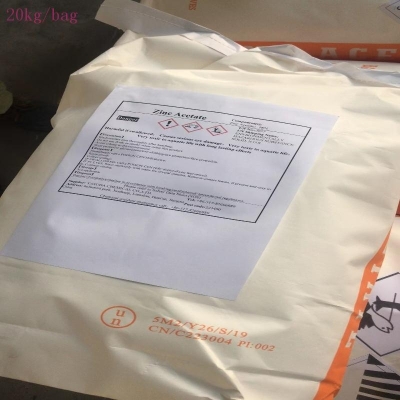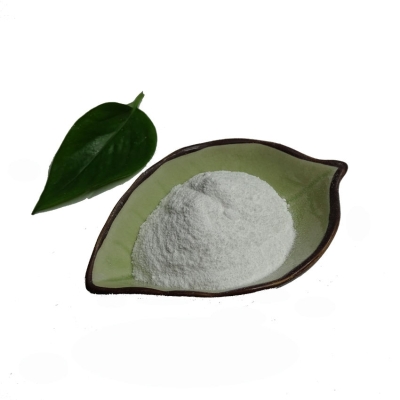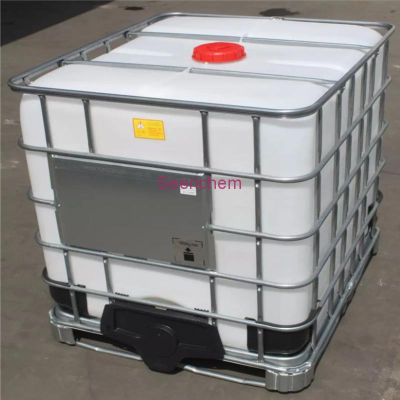-
Categories
-
Pharmaceutical Intermediates
-
Active Pharmaceutical Ingredients
-
Food Additives
- Industrial Coatings
- Agrochemicals
- Dyes and Pigments
- Surfactant
- Flavors and Fragrances
- Chemical Reagents
- Catalyst and Auxiliary
- Natural Products
- Inorganic Chemistry
-
Organic Chemistry
-
Biochemical Engineering
- Analytical Chemistry
-
Cosmetic Ingredient
- Water Treatment Chemical
-
Pharmaceutical Intermediates
Promotion
ECHEMI Mall
Wholesale
Weekly Price
Exhibition
News
-
Trade Service
The China Phosphate Compound Fertilizer Industry Association issued a notice on July 22 to solicit opinions on the adjustment of export tariffs on products such as phosphate compound fertilizer and sulfuric acid in 2017.
The reporter learned that in view of the withdrawal of all preferential fertilizer policies, most leading companies have called for simultaneous cancellation of export tariffs.
Industry insiders also pointed out that at present, chemical fertilizers are the only agricultural products subject to export tariffs.
Every July, the state will solicit opinions on tariff adjustments for the next year.
Regarding the adjustment of fertilizer tariffs in 2017, most phosphate and compound fertilizer companies believe that the current fertilizer industry no longer enjoys preferential policies such as electricity, railway freight, and value-added tax exemption.
The state should also relax the export of fertilizers and exempt export tariffs.
Domestic fertilizer companies participate in international competition to create a fair environment.
Currently, urea tariffs are 80 yuan/ton, ammonium phosphate 100 yuan/ton, potash fertilizer 600 yuan/ton, binary compound fertilizer and ternary compound fertilizer are respectively subject to export tax rates of 5% and 30%.
Li Haofeng, director of Huachang Chemical's Strategy Department, introduced that among the main agricultural products such as fertilizers, pesticides, seeds, and agricultural film, currently only chemical fertilizers are subject to export taxation policies.
It is understood that when China joined the WTO in 2001, it promised not to levy taxes on export products, except for the exceptions stipulated in Article 20 of the GATT1947 (Tariff and Trade Agreement).
Agricultural machinery, pesticides, seeds, agricultural film, and fertilizers are not classified as goods subject to export tariffs.
In 2003, in view of the fact that the fertilizer industry enjoyed the most preferential policies for gas, electricity, transportation, and taxes, the GATT1947 exception clause was cited to impose export taxes on fertilizers.
However, since then, with the accelerated reform of the fertilizer market, the preferential policies have been gradually cancelled.
By 2015, the fertilizer industry has cancelled the preferential electricity tariffs and preferential railway freight policies, and resumed the collection of value-added taxes.
The original preferential policies have basically been withdrawn.
Li Haofeng believes that the taxation of fertilizer exports is not only unfavorable for Chinese fertilizer companies to participate in international competition, but also has a certain impact on the ongoing "One Belt, One Road" strategy of the fertilizer industry.
According to reports, most of India, Vietnam, Pakistan, the Philippines, and Sri Lanka along the “Belt and Road” rely on more than 50% of China’s fertilizer.
However, in the past, China’s chemical fertilizer export management policies have changed, making it difficult for Chinese companies to cooperate with these countries in depth.
, To a certain extent hinder the pace of Chinese fertilizer companies "going out".
The reporter learned that in view of the withdrawal of all preferential fertilizer policies, most leading companies have called for simultaneous cancellation of export tariffs.
Industry insiders also pointed out that at present, chemical fertilizers are the only agricultural products subject to export tariffs.
Every July, the state will solicit opinions on tariff adjustments for the next year.
Regarding the adjustment of fertilizer tariffs in 2017, most phosphate and compound fertilizer companies believe that the current fertilizer industry no longer enjoys preferential policies such as electricity, railway freight, and value-added tax exemption.
The state should also relax the export of fertilizers and exempt export tariffs.
Domestic fertilizer companies participate in international competition to create a fair environment.
Currently, urea tariffs are 80 yuan/ton, ammonium phosphate 100 yuan/ton, potash fertilizer 600 yuan/ton, binary compound fertilizer and ternary compound fertilizer are respectively subject to export tax rates of 5% and 30%.
Li Haofeng, director of Huachang Chemical's Strategy Department, introduced that among the main agricultural products such as fertilizers, pesticides, seeds, and agricultural film, currently only chemical fertilizers are subject to export taxation policies.
It is understood that when China joined the WTO in 2001, it promised not to levy taxes on export products, except for the exceptions stipulated in Article 20 of the GATT1947 (Tariff and Trade Agreement).
Agricultural machinery, pesticides, seeds, agricultural film, and fertilizers are not classified as goods subject to export tariffs.
In 2003, in view of the fact that the fertilizer industry enjoyed the most preferential policies for gas, electricity, transportation, and taxes, the GATT1947 exception clause was cited to impose export taxes on fertilizers.
However, since then, with the accelerated reform of the fertilizer market, the preferential policies have been gradually cancelled.
By 2015, the fertilizer industry has cancelled the preferential electricity tariffs and preferential railway freight policies, and resumed the collection of value-added taxes.
The original preferential policies have basically been withdrawn.
Li Haofeng believes that the taxation of fertilizer exports is not only unfavorable for Chinese fertilizer companies to participate in international competition, but also has a certain impact on the ongoing "One Belt, One Road" strategy of the fertilizer industry.
According to reports, most of India, Vietnam, Pakistan, the Philippines, and Sri Lanka along the “Belt and Road” rely on more than 50% of China’s fertilizer.
However, in the past, China’s chemical fertilizer export management policies have changed, making it difficult for Chinese companies to cooperate with these countries in depth.
, To a certain extent hinder the pace of Chinese fertilizer companies "going out".







